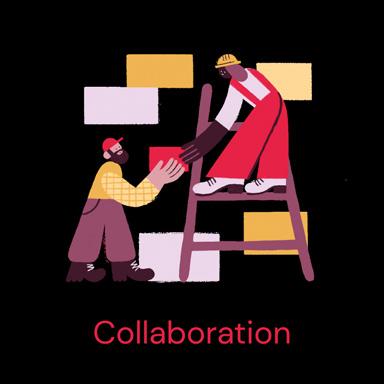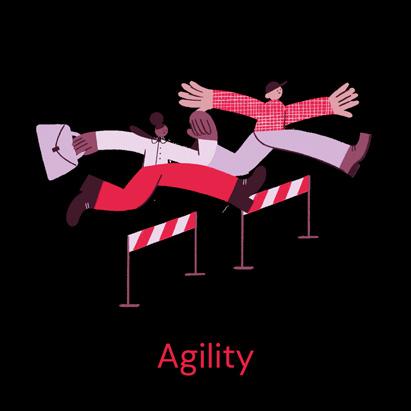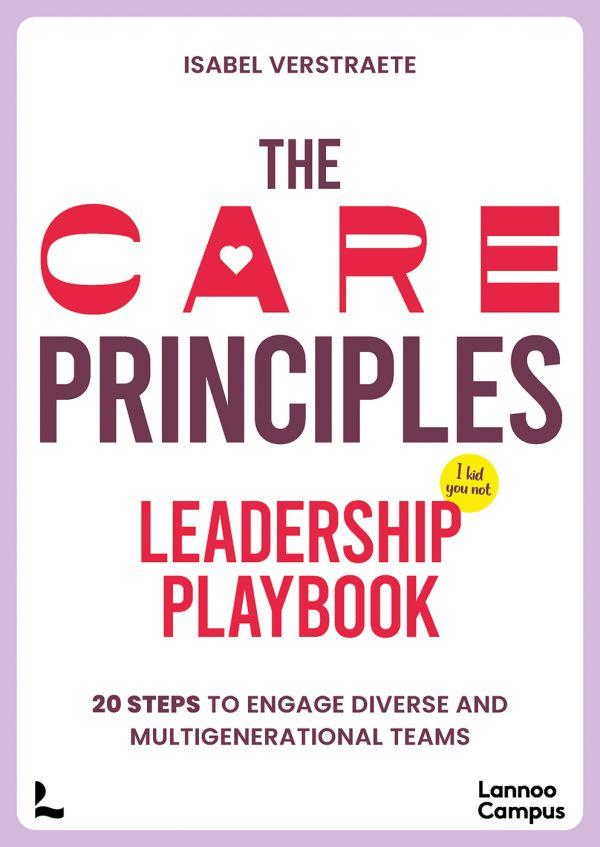
PLAY SECTION 1


PLAY SECTION 1
I must have been 5 years old when I was singing ‘Pour un flirt avec toi’ from Michel Delpech1 in my grandfather’s small workers’ house. It was our favourite song to dance and sing along to, although I had no clue that the French text was about flirting. My grandfather predicted there and then that I would have an international career as an entertainer. I forgot about this childhood memory for almost five decades, and singing has never been my skill, but my grandfather’s predictive powers have somehow come true as I engage with international business crowds through strategic work, podcast interviews, and keynote sessions.
Writing this second book made me wonder, am I an entertainer? I surely never considered myself one, but some introspection made me realise that my life has profoundly changed since I wrote my first book, ‘Does your brand CARE? Building a better world with the CARE Principles’. Being at the forefront of change, inspiring business leaders and showing them opportunities rather than challenges might not be a classic interpretation of an entertainer, but it somehow fits my mission. Both my personal life and my business career have shifted tremendously. My book led to the discovery of my true purpose, and that is to show organizations and leaders that commercial success is possible when combined with CARE for people and the planet. Choosing for a People –
Planet – Prosperity model is a model to become future-fit; it’s just a matter of making the effort to choose for transitioning now.
The past few years made me realise that we live in challenging times; we can no longer sit back and wait for others to solve the issues we see. We need to take some kind of responsibility; we need to use our voices to speak up publicly. We need to say no to injustice, racism, narcissistic leaders and abusive power in any form. We need to choose now to be part of the solution, and no longer remain part of the problem. So maybe it is my destiny to be an advocate for change, an author, a public speaker, a podcast host, and a passionate warrior for more caring and sustainable leadership… However when my book emerged during the Covid-19 lockdowns in 2021, I had no clue about any of this.
My job as a brand strategist was on hold due to the pandemic, my business partnership ended and expectations as a first-time author were modest at best. Little did I anticipate the transformative journey this book would set me on, and it all started with one person: Professor Jos Rath, a purpose marketer and Associate Professor of Philanthropy at the Vrije University in Amsterdam. Jos reached out to me on LinkedIn and praised my CARE framework as a teaching methodology. Considering I hadn’t attended university myself, a message from a professor on LinkedIn felt like a prank. To my surprise, Jos was serious, marking a pivotal moment that led to a guest lecture at VU Amsterdam. Top marketer and ex-client of mine Rene Repko also showed enthusiasm and introduced me to Professor Henry Robben of Nyenrode Business University. Henry, now a big fan and ally of the CARE Principles, consistently invites me to lecture at his MBA training at Nyenrode.
These kinds of experiences became the foundation not only for guest lectures at respected institutions like VU Amsterdam, TU Delft, Vlerick Brussels and more, but also encouraged me to delve further into public speaking, to become a trained keynote speaker. Without a career change in mind, I evolved from a brand strategist who presents plans to management teams to a keynote speaker who entertains international business and student audiences – even occasionally dancing with my audiences on stage. Engaging with such diverse audiences, from young students to seasoned professionals, provided invaluable insights, and revealed a small but impactful group of people of all ages,
eager to drive positive change and wanting to make an impact. Simultaneously, I launched a podcast featuring insightful conversations with leaders from the public and private sectors (inter)national. Their willingness to share how they apply CARE – Collaboration, Agility, Reliability, and Empathy – in their organizations taught me how ahead they are of their competitors. How their attention to a caring culture, a sustainable approach to growth, and an urge to experiment with working in new and different ways was truly transformational for their organizations.
In retrospect, the launch of the CARE Principles seemed successful, but transparency obliges me to say that it appeals mostly to the innovators and early birds, the seekers and atypical leaders who have no problem with daring to try out new things. Today that group remains a small group. I comprehend that most business leaders talk about Profit, People and Planet, but are mainly concerned about Profit. The concept of People – Planet – Prosperity has not yet landed in many leaders’ goals. Some are ready on a personal level, but are held back by their board of directors or other shareholders. I have realised that most people ignore today’s challenges – probably a coping mechanism for the hard world we live in. I feel the conservative powers of leadership have little to no real care for people and the planet. I see a world in which many people escape in disengagement and entertainment in diverse forms from endless scrolls through cat videos to avoiding news, and not daring to open their mouth when they witness toxic and unacceptable behaviour in any form.
We continue to see how the media perpetuates a narrative of conservatism and populism, how global CO2 emissions continue to rise, and how social change remains insufficient. Many corporate practices have reverted to pre-pandemic norms, ignoring the leadership needs of younger and more diverse generations. At the same time, recent studies2 reveal how employee disengagement levels are the highest in a decade. In 2024 global research from Gallup3 indicated that employee engagement is as low as 23%. Certain companies see their growth plans jeopardised as they lose as much talent as they hire. Burnout numbers continue to climb, and although burnout is not solely linked to work environments, most research sees a link between this disease and the way employees are treated at work.
There is ample proof from Forbes, Deloitte, Gallup, and other leading voices in business that organizations who care thrive:
▪ In the most successful companies, employee engagement is as high as 72%4.
▪ Organizations without burnt out people make 40% more profit5.
▪ Companies with a true purpose grow three times faster than their competitors, while achieving higher customer and employee satisfaction6.
▪ Moreover, having a strong purpose creates trust. Consumers7 are 4.1 times more likely to trust a company when they think it has a strong purpose.
▪ Highly engaged teams show 21% greater profitability.
▪ With engaged teams, organizations realise a 41% reduction in absenteeism.8
These findings suggest that integrating purpose and care into business strategies not only contributes to societal benefits, but also enhances business performance by connecting more deeply with employees and consumers who prioritise ethical and sustainable practices.
Good leaders build products. Great leaders build cultures.
Good leaders deliver results. Great leaders develop people.
Good leaders have vision. Great leaders have values.
adam grant , american psychologist , author , and professor
Despite the evidence that leadership and the way we treat people needs to be revised, in my job I witness a sense of widespread dissatisfaction and a lack of understanding between both leaders and employees. Many leaders still seem to think people can be squeezed even more to attain the objectives of eternal growth. The pressure on people is huge, even on those in the highest ranks.
A CEO told me that even when he was very ill in bed, his zoom calls with his international bosses continued. His bosses did not care that he was ill; the business had to continue, no mercy! Many leaders believe that rules, duty, and listening to the boss is the only way to steer teams. I hear many complaints from CEOs who tell me they have no clue how to keep Millennials on board. In some sectors, it has reached a point where organizations face growth obstacles. A lack of gaining and/or retaining talent prevents them from growing their business. This is not only the case in the tourist and hospitality industry; in the healthcare, technology, manufacturing, and construction sectors there is also a need for more talent. A lack of understanding of how to deal with younger and diverse generations creates frustration for everyone inside organizations. I witness leadership flaws, multigenerational teams who fail to collaborate, bureaucratic processes, poor communication skills, and huge trust and comprehension issues. Combine this with a lack of purpose, and the speed of technological revolutions such as artificial intelligence, and you understand the fear and fatigue among employees and leaders alike.
Frankly, I could have chosen to wait for the new generations to take over, but patience is not my biggest talent. So, I decided – not really planned – to write a second book to share how to apply the CARE Principles in leadership. My experience helped me to realise that before we can place CARE at the core of a business strategy, we need to place CARE at the core of the hearts of leaders. We need to convince the leaders of today to work differently with the diverse and multigenerational workforce of today and tomorrow. I realised that I need to shift my focus from brand strategist to people strategist, as it is the people who block the growth of their own organizations, starting with the leadership teams who need a new set of skills to engage their teams. Imagine how your organization could grow and thrive if you managed to work with your people and not against them! To engage, involve, empower, and inspire them so they thrive, learn, enjoy work, and bring sustainable growth to the organization.
The simple quote ‘If you change, the world changes’ haunts me in a positive way. The death of both my parents – since my previous book was published –has probably given me an even fiercer drive to act and use my skills and voice. The conservative powers who try to hold back change, the paternalistic leaders who want to have women back in supportive roles, the polarising leaders who
prefer war to peace are my fuel to fight back. My reach might not be that big, but it should not hold me back from trying to make this world a better place. I want to continue to use my voice and modest reach to preach for change, openness, mildness, and care. Not only for my own mental health, but for my daughters’ future too.
thomas geuken , associate director , copenhagen institute for future studies
I experienced how one person can have a serious impact on your life: Jos Rath changed my destiny forever. I hope to impact your life too. I urge you to start using your voice. We can all make this world a better place; that is a fact. We can no longer wait for others to do it for us; we must step up and start a revolution ourselves. No time to waste – life is short, as you will see in the next exercise – and as I mentioned before, the CARE Principles made me discover my own purpose. We all have transformative powers; it is just a question of realising this and embracing the much-needed transformation to become a better version of yourself.
SELFACTUALIZATION
SELF-ESTEEM
We all know that the highest level in Maslow’s hierarchy of needs is self-actualisation – the desire to become the best that one can be. It is less well known that he added a level shortly before his death. This level is the highest level of human need – self-transcendence. The focus shifts from self-fulfilment to the well-being of others. This stage is about connecting to something larger than oneself and helping others to achieve their potential. That is the reason I want you to become the best IN and FOR the world. To do this, we must challenge the traditional codes of success and leadership. Embracing a positive mindset, practising inclusiveness and care, and daring to collaborate are essential. We must be confident enough to pioneer unconventional paths, remain agile, and demonstrate empathy. Dare to be vulnerable and learn how to stay curious to understand others. Embrace our female traits to nurture and care more for people and the planet. Finally, in a world soon to be dominated by fast-learning machines and where a lot of fake images but also fake news is being spread, humans must protect their reliable status and define their moral compass.
How you can do this is the purpose of this leadership playbook and CARE Principles model! This playbook offers you a step-by-step approach to follow, or not. A playbook full of inspiration of caring leaders. A playbook full of exercises, carefully crafted by the talented Dutch purpose coach Mette Visser.9 Mette was also a CARE Principles supporter at the very start, and she was the perfect ally to bring my methodology alive with practical, hands-on exercises for all! We had fun selecting and crafting the best exercises; we hope you learn in a playful way how to become a better leader too. Don’t miss the podcast episode in which she explains why she cares. This playbook is no fluffy soft-skills oriented blah-blah-blah approach; it is a 20-step process to lead your teams to higher performance, more engagement, true empowerment, sky-high productivity, increased revenue and, above all, happier teams. Because let’s face it, when we feel happy, we can take on the world! This book is called a playbook. That is no coincidence because the definition of a playbook is a collection of strategies that a team trusts to execute their job. It is used to ensure consistency and effectiveness in achieving goals.
I hope you see this playbook as a collection of strategies that stimulates you to see work as a playful activity, something to be done with energy and fun, in co-creation and with loads of trust in and curiosity about the ideas of others.
I hope to inspire you to let go of the idea of command and control, to go with the flow and experience how you can rise above yourself, if you let others help you. As we embark on a quest to spread more CARE for a positive, constructive, and sustainable future, the call goes out to game-changers, trailblazers, daredevils, innovators, and seekers to stand up and take responsibility, ushering in a new era of leadership! Are you ready to break free from outdated leadership paradigms and inspire all generations in your teams? Or do you want to continue to burn money with your non-engaged workforce? The choice is yours to transform yourself and your organization for the better!
Expressing gratitude for those embracing lifelong learning, criticism, vulnerability, discomfort, and teamwork – attributes demanded by different generations – I thank you for becoming one of these leaders. This book is a tribute to the many leaders of tomorrow I have met and who have embraced the CARE Principles. Each chapter introduces you to the inspiring leaders who have made a difference in their unique ways. Each chapter offers exercises to get you going, so today you can start your own transformation. Achieving excellence IN and FOR the world is not a dream, it is a reality! Check it out – see how it can become your reality too!
Finally, care and self-care didn’t come naturally to me; I learned it the hard way, unfortunately, and will share more about my own transformative journey throughout this book. Xander De Bouw, my personal trainer, and Matthias Lauwers, my yoga teacher, have helped me tremendously to better understand myself, connect my head to my body, and slow down my pace more often, to have enough energy for this long-haul journey I started of trying to make this world a better place.
Thank you and take care, Isabel
PS: This book has been written by me with the help of Chat GPT4!
Kick-start your personal transformation
While we are all so busy with work, obligations, family and chasing welfare and financial growth, it is quite revealing to read the top five regrets people have when they are facing their own mortality. Bronnie Ware,10 an Australian palliative carer, collected her patients’ regrets. The top five regrets are:
1. I wish I’d had the courage to live a life true to myself, not the life others expected of me.
2. I wish I hadn’t worked so hard.
3. I wish I’d had the courage to express my feelings.
4. I wish I had stayed in touch with my friends.
5. I wish that I had let myself be happier.
So, stop for a second, take a piece of paper and dare to ask yourself the following questions:
1. What are you doing here on earth?
2. To make this question even more relevant, dare to calculate how much remaining time you have left in your life. Think about it and recognise that your time is limited as you can try out yourself on a scary death calculator like this one: https://deathcalculator.ai/
3. Imagine what people will say about you at your funeral. Will they only talk about your financial gains, houses, and fancy cars you proudly showed off?
4. Will they talk about how you made a difference?
Scary, right? I know! The death calculator freaked me out too, I kid you not, but it also made me appreciate that I have no time to waste, and I must focus on my purpose in life! So, let’s dive straight into the CARE Principles strategic framework so you can get started!
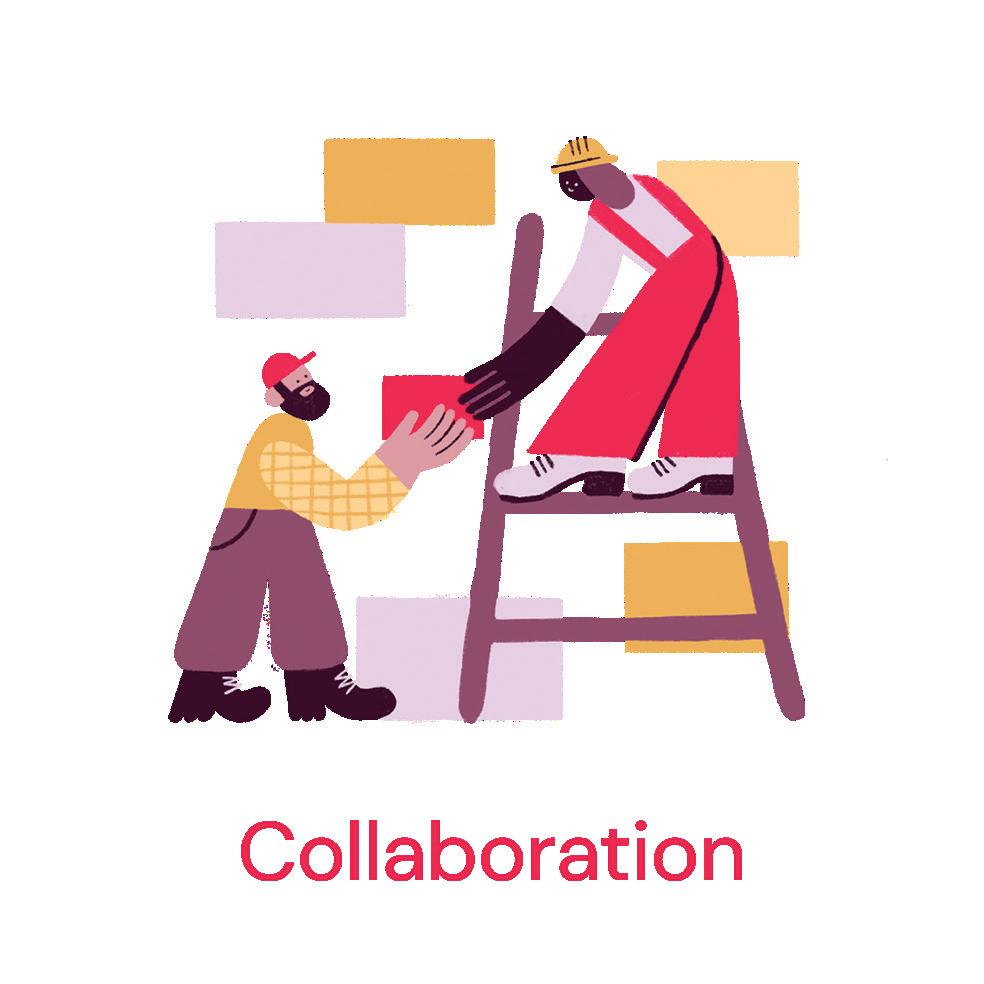
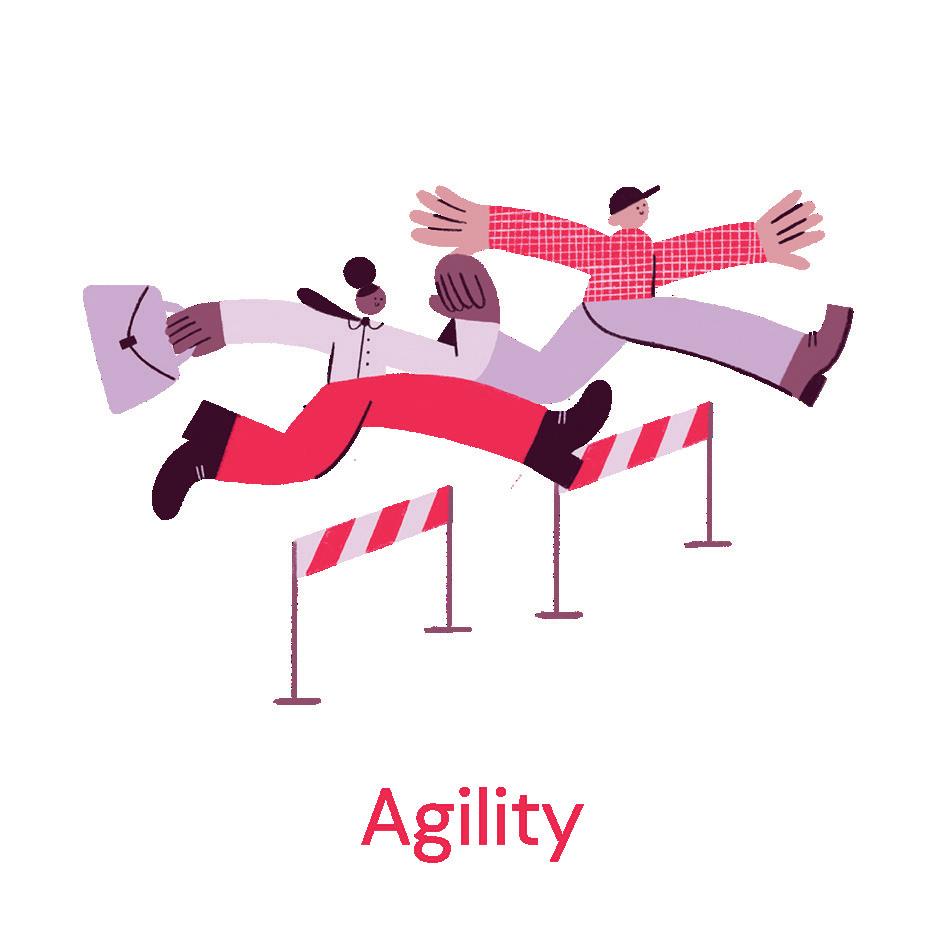
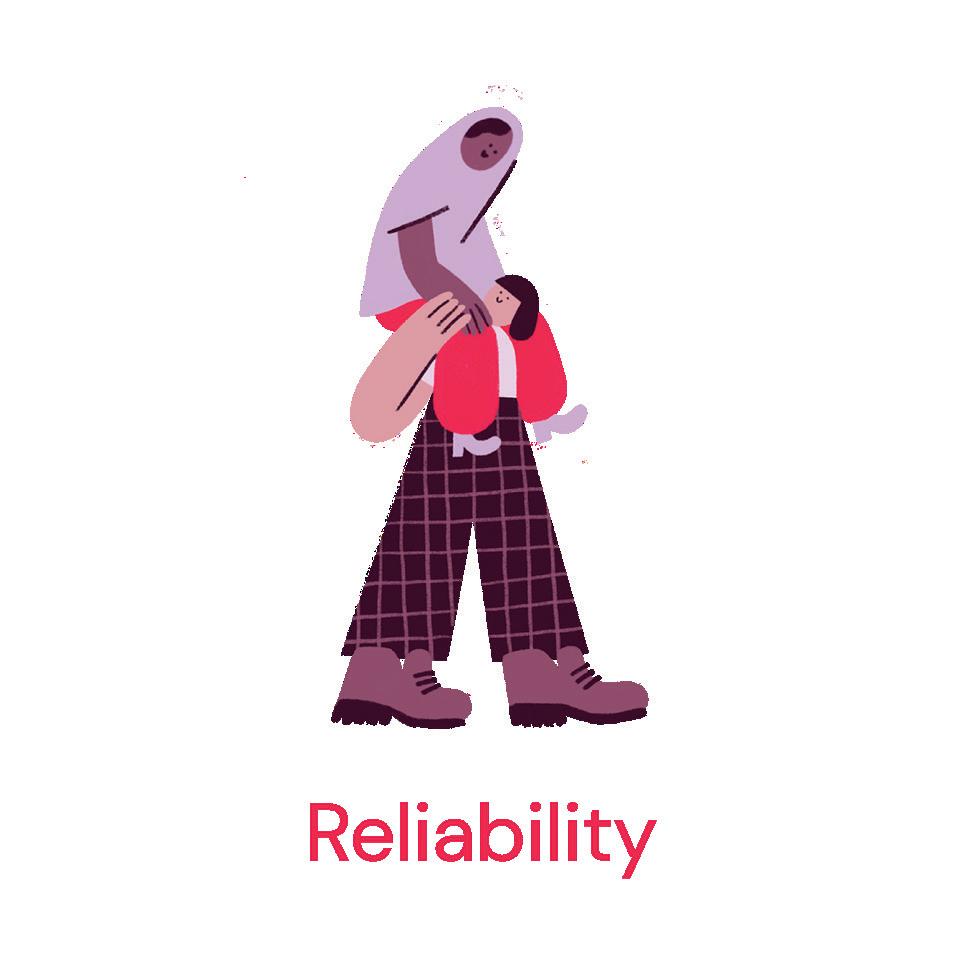
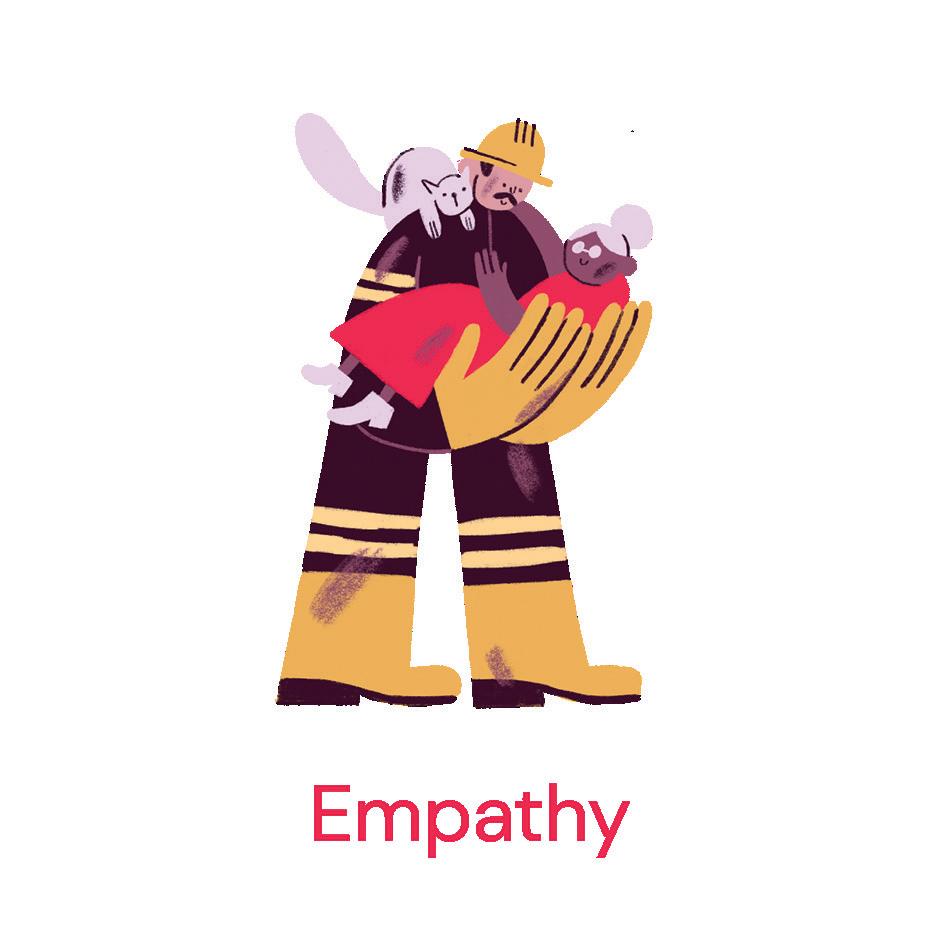
SECTION 2
Showing you care for others is always a good start and might already differentiate you from other leaders. However, developing the CARE Principles on a deeper level can help you truly empower all generations on the work floor. Applying the four Principles of collaboration, agility, reliability, and empathy is always done in a unique mix that fits best with you and your company’s DNA.
The ability to adapt your leadership team’s behaviour in becoming a more collaborative, agile, reliable, and empathic version of themselves will take time. Applying these Principles entails a profound adaptation of your organization, your structure, your processes, your attitude, and your way of thinking. This framework offers you a step-by-step process to turn around your leadership skills and processes.
It is important to understand why these four Principles matter and why they need to be accelerated. As mentioned in my first book, I really dislike the term ‘human resources’, a term that seems to have been developed in an era when the human part didn’t really matter and employees were considered just another resource to be exploited, like financial or natural resources... So, throughout this book I will use the term ‘your people’ or ‘your talent’, because frankly they are
more than just another ‘resource’ for making your business successful! The complete CARE strategic framework is built to go beyond your talent; the framework reaches out to your clients, stakeholders, and CARE for the planet too.
As this book is about internal leadership skills and processes, we won’t focus on the client – stakeholder – planet part, which doesn’t mean that leadership is not to be shown in those domains! Showing leadership is also about collaborating in an open and transparent way with your suppliers, your government, your neighbours, your competitors – in short, with all external stakeholders. Finally, all leadership must be done in the most sustainable way; frugality is the only way forward. Just as everything in our globalised world is interconnected, so it is with your business too. You can have the best staff ever and be the most award-winning employer of modern times, but if you do not take care of your clients, you won’t last. But the CARE Principles really start internally as your employees are your number one ambassador and your leadership teams have a huge effect on how your organization treats them. So, in this book we focus on internal leadership and our leadership model is crafted to engage diverse and multigenerational teams, a reality on most work floors. More on that topic later.
Before you read on, I would like you to stop for a second and think about your inner child. We were taught to give up the kid inside us when we became adults. Adulthood is serious and play is something we might occasionally do with our children. We do not associate play with work. But I challenge you to revise your opinion on this, therefore this book is called a playbook. In the Industrial Age, playfulness has always been suppressed; we have to be mature and serious to succeed. Today, as more and more jobs in the production and service industries will be automated, the creative industries will grow. Our human imagination and playfulness will become increasingly important parameters for success. It might become our biggest advantage compared to generative AI! When we allow play, joy, fun, trial, and error, it will bring us into flow. I will get back to this in the Collaboration Play Section. So, when you read on, see the next 20 steps as something to play with, to enjoy yourself with, to be surprised by in the exercises we crafted for you. Like anything in life, some will work for you, others won’t. That is okay! Simply understand that to drive better employee engagement, and have stronger ties, it is important to create a culture that is fun and allows playfulness for all.
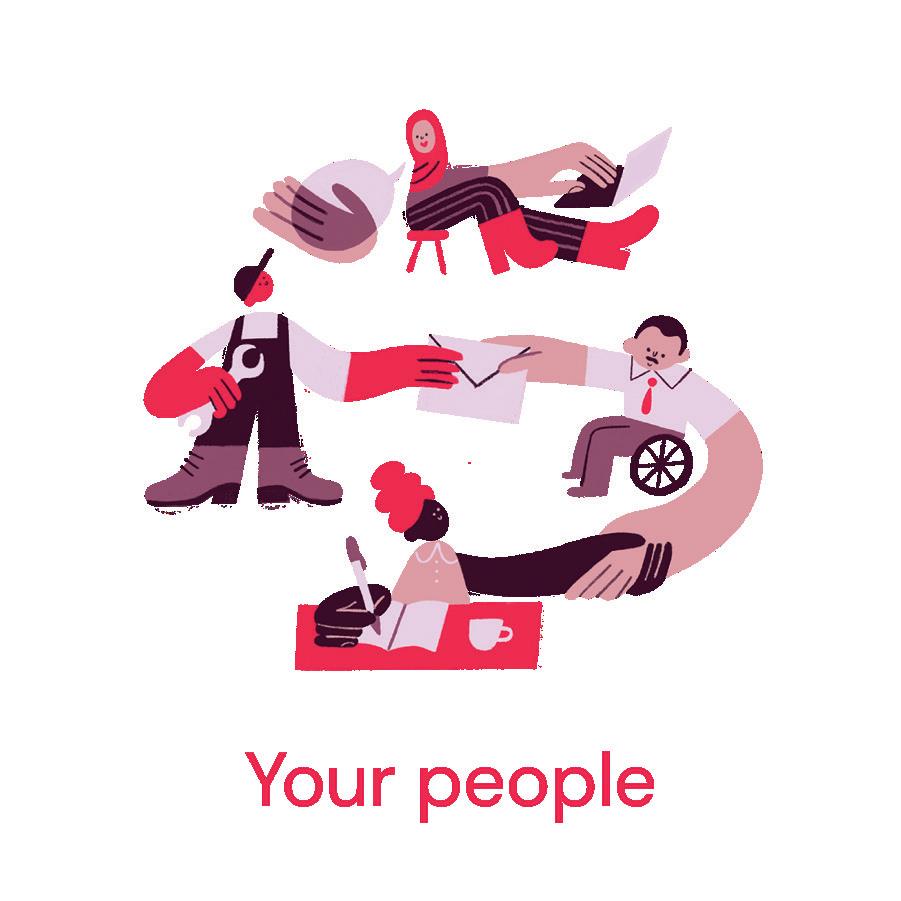
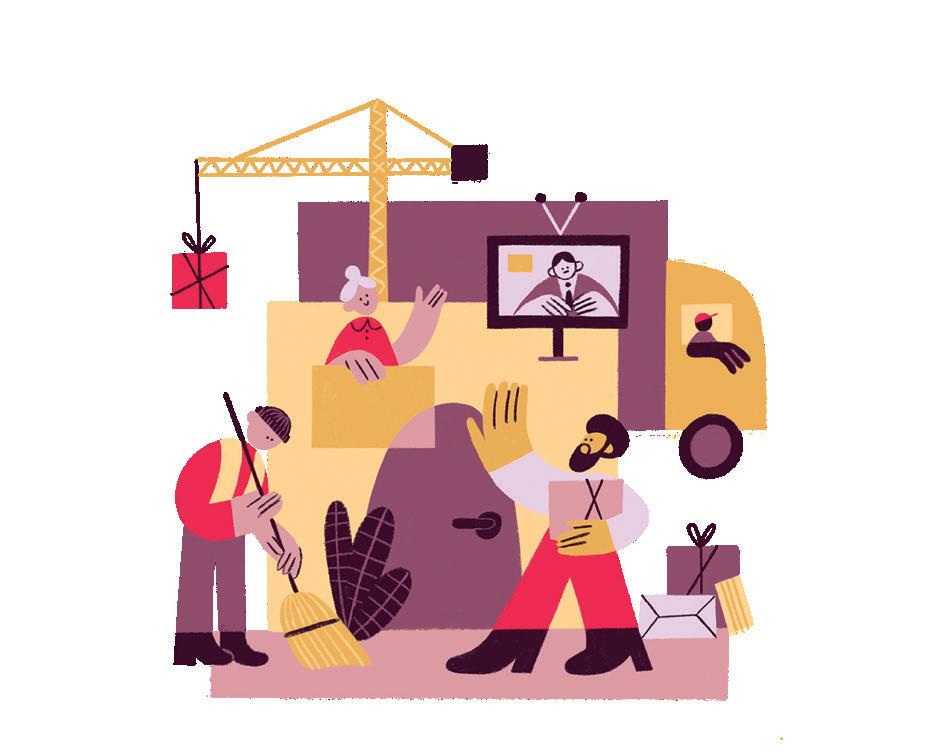

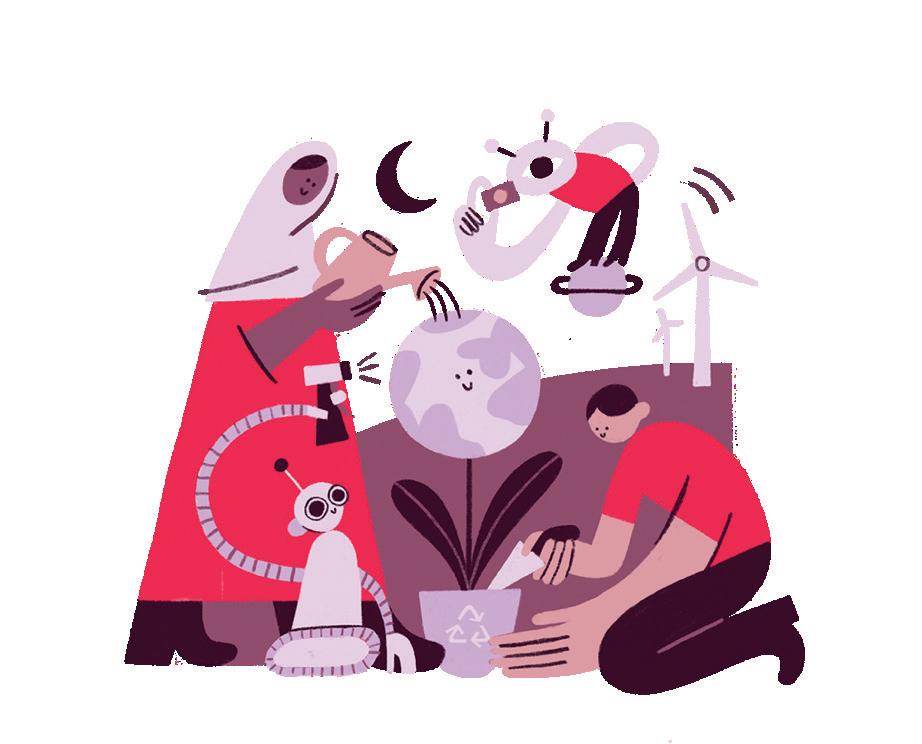
The planet Your stakeholders










